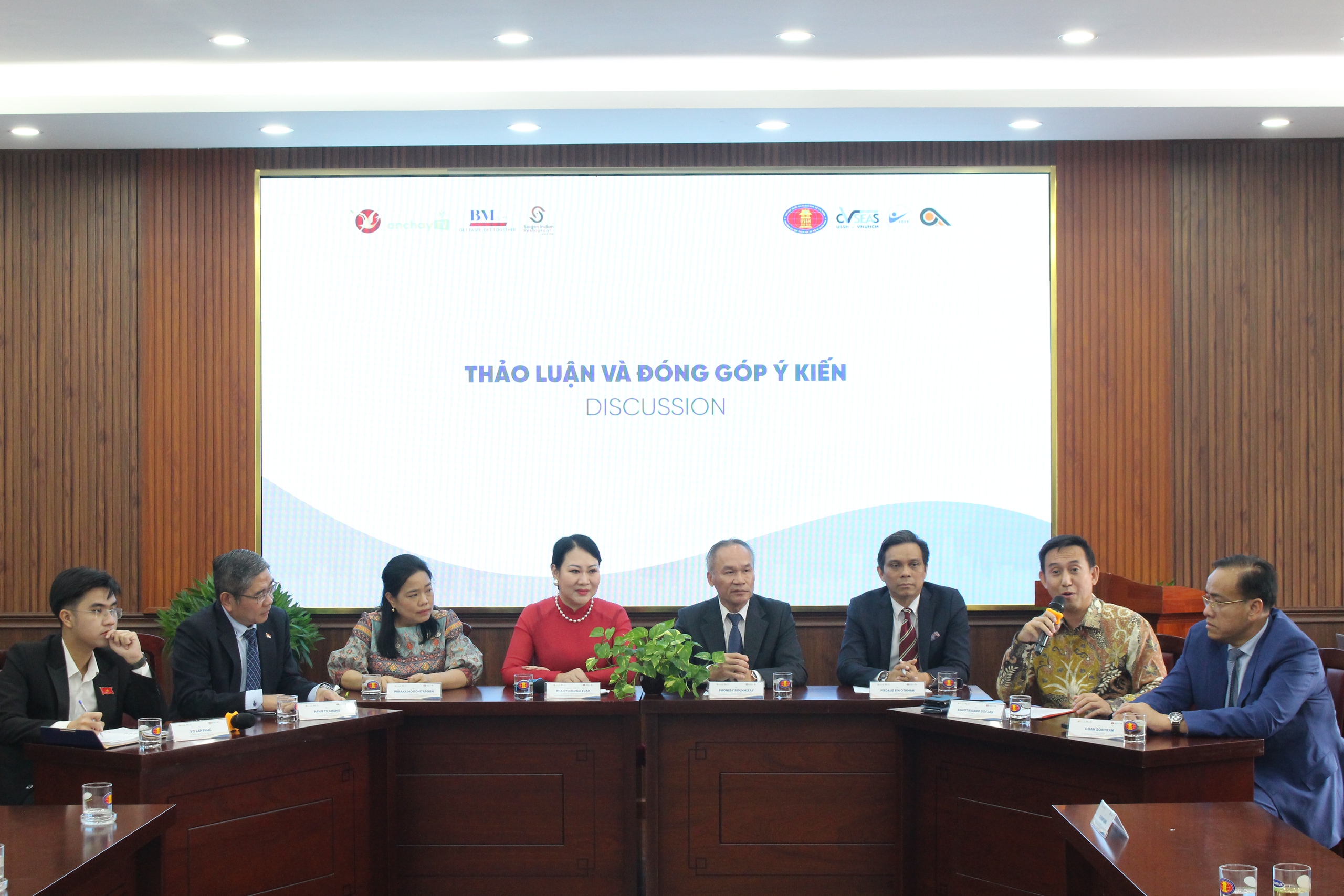
Agustaviano Sofjan (second from the right) remarked, "When I see students, I see the future there."
This information was shared at the international seminar "Employment in ASEAN: Opportunities and Challenges" organized by the Center for Entrepreneurship and Job Placement and the Center for Vietnamese and Southeast Asian Studies of the University of Social Sciences and Humanities (Vietnam National University Ho Chi Minh City) on November 26.
Participate in scholarship and internship programs.
The Consulate General of Thailand in Ho Chi Minh City is recruiting for the position of "Office Secretary (Consular Section)", in addition to implementing an internship program. This information was shared by Ms. Wiraka Mudhitaporn, Consul General of Thailand in Ho Chi Minh City.
Ms. Wiraka Mudhitaporn added: “A few months ago, only one student majoring in Thailand became an intern. I hope students can consider participating in this internship program, or apply for a full-time position at the Thai Consulate General.”
Besides job or internship opportunities at the Thai Consulate General, students can also secure employment at Thai companies thanks to their language skills and expertise. Ms. Wiraka Mudhitaporn stated: “With over 30 years of investment in Vietnam, many Thai businesspeople can now speak Vietnamese. They are focusing on finding graduates fluent in Thai, trained in fields such as accounting, engineering, and information technology…”
Meanwhile, in Singapore, Mr. Pang Te Cheng, Consul General of Singapore in Ho Chi Minh City, said that graduates from Singapore's education system have many job opportunities thanks to "approximately 7,000 multinational corporations and about 4,500 startups".
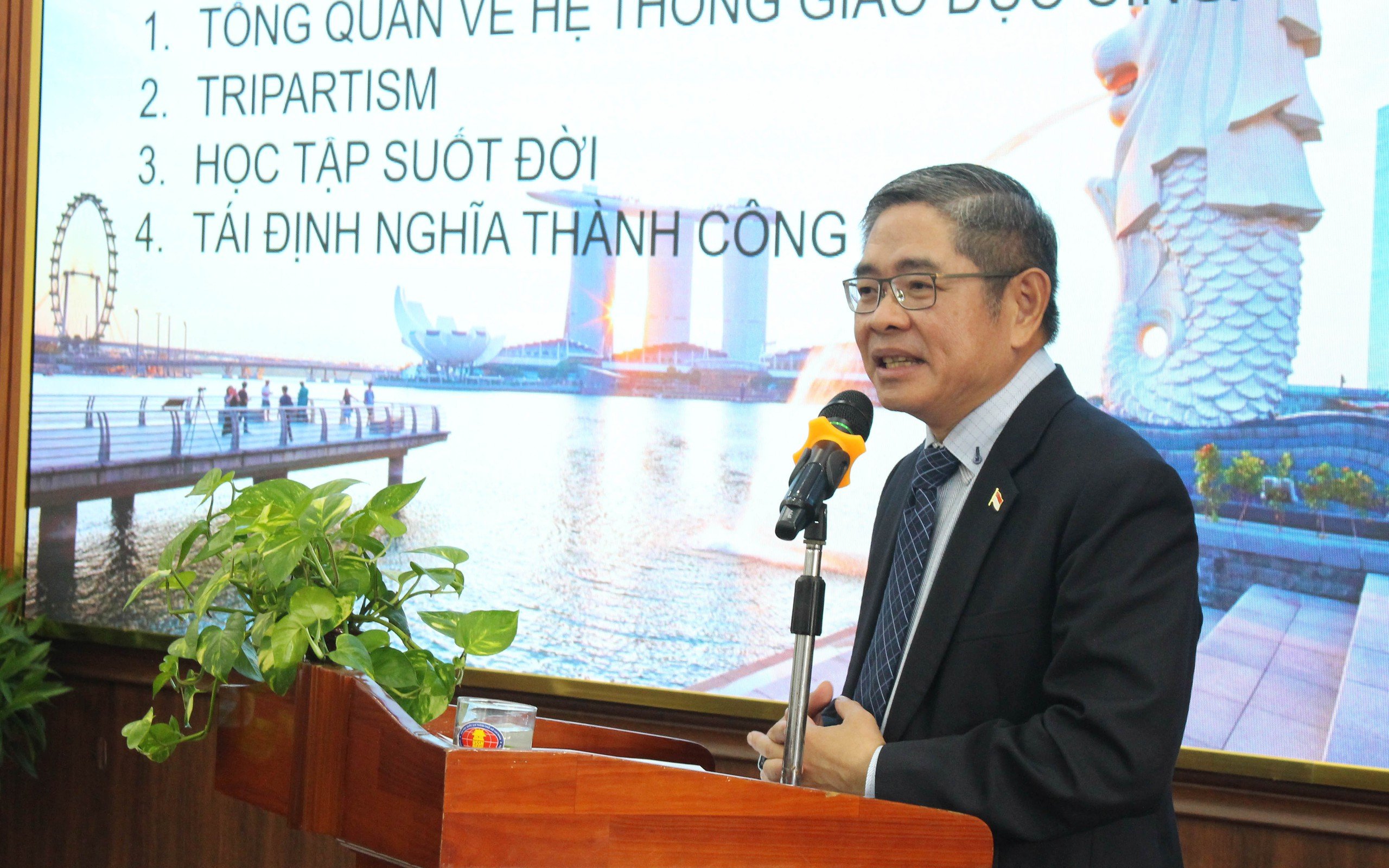
Mr. Pang Te Cheng shared his thoughts on the Singapore education system.
In addition to abundant job opportunities in Singapore, students have further opportunities for work exchange through the Singapore-Vietnam Innovation Talent Exchange program. According to Mr. Pang Te Cheng, the program will be launched in 2025, allowing 300 young talents from each country to work in related fields in Singapore, for a maximum period of two years.
Meanwhile, Indonesia is implementing various scholarship programs. Mr. Agustaviano Sofjan, the Indonesian Consul General in Ho Chi Minh City, noted that the number of applicants for the Darmasiswa language and culture scholarship program is increasing. “In 2023, 25 Vietnamese students were selected, mostly from the University of Social Sciences and Humanities (Vietnam National University Ho Chi Minh City). The number of applicants increased to 50 in 2024, and the majority were students from this university,” Mr. Agustaviano Sofjan reported.
Mr. Agustaviano Sofjan also suggested that students apply for the Kemitraan Negara Berkembang educational cooperation scholarship. Applicants from developing countries can study at one of Indonesia's top 30 universities. However, applicants must complete a year of Bahasa language study before beginning their formal studies.
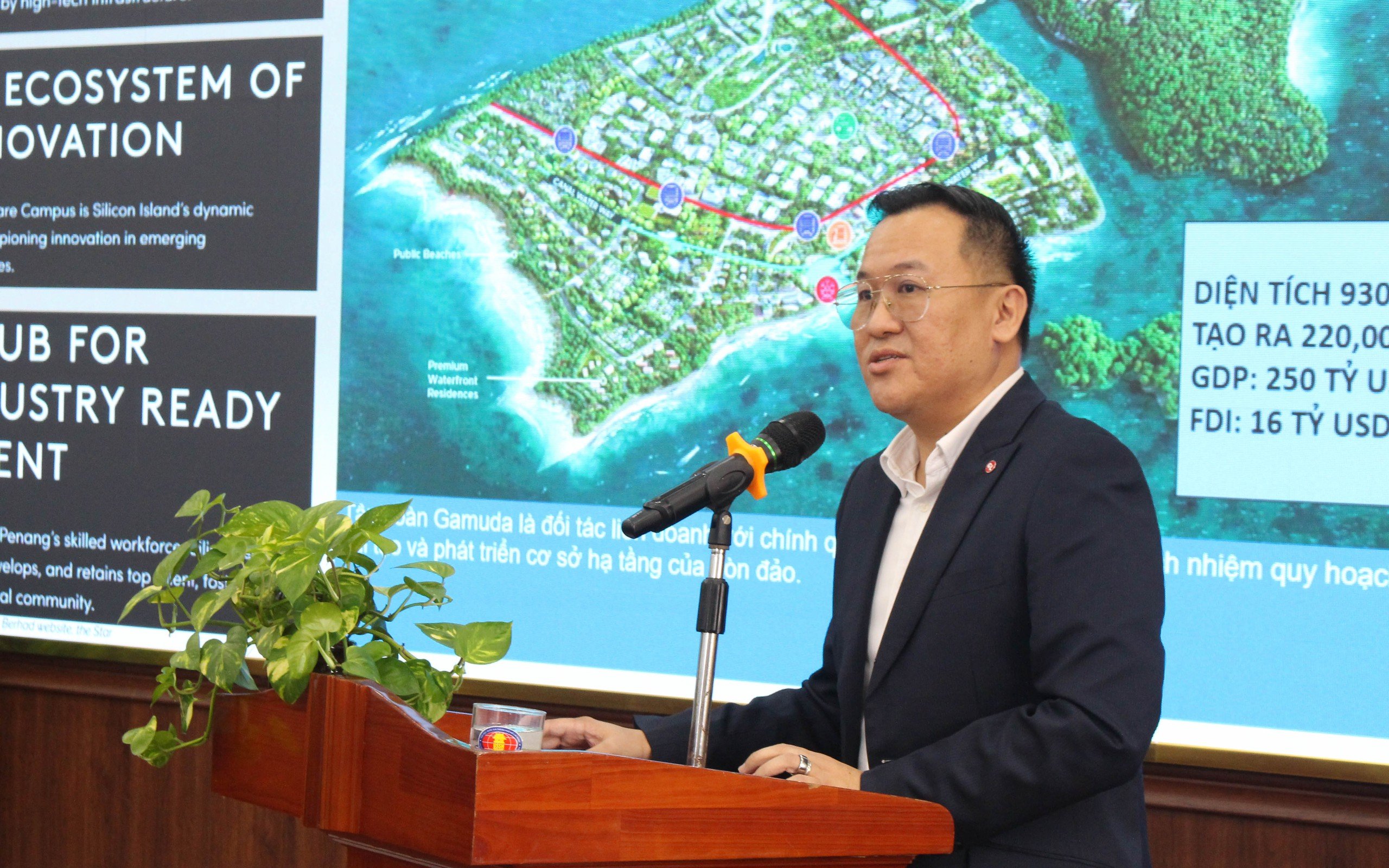
According to Mr. Angus Liew Bing Fooi, Vietnam has great potential to contribute to the development of smart cities in ASEAN.
High skills, foreign language proficiency, and cultural understanding: Factors that increase job opportunities.
Currently, smart cities are developing within the ASEAN community, creating numerous job opportunities in fields such as technology and engineering, urban design and planning, education and training, and social sciences and humanities. However, in this context, the workforce in Vietnam still faces various challenges.
At the seminar, Mr. Angus Liew Bing Fooi, Chairman of Malaysia Business Charmber Vietnam and General Director of Gamuda Land Joint Stock Company, identified two challenges: a low-skilled workforce and its replacement by technology, language barriers, and a lack of investment in education.
According to the chairman, despite having a large workforce, Vietnamese workers lack high-level professional skills. Vietnamese workers also face the risk of being replaced in some jobs due to rapid technological advancements such as AI. He also stated that "Vietnam's English proficiency rate is low compared to neighboring countries like Malaysia and Thailand."
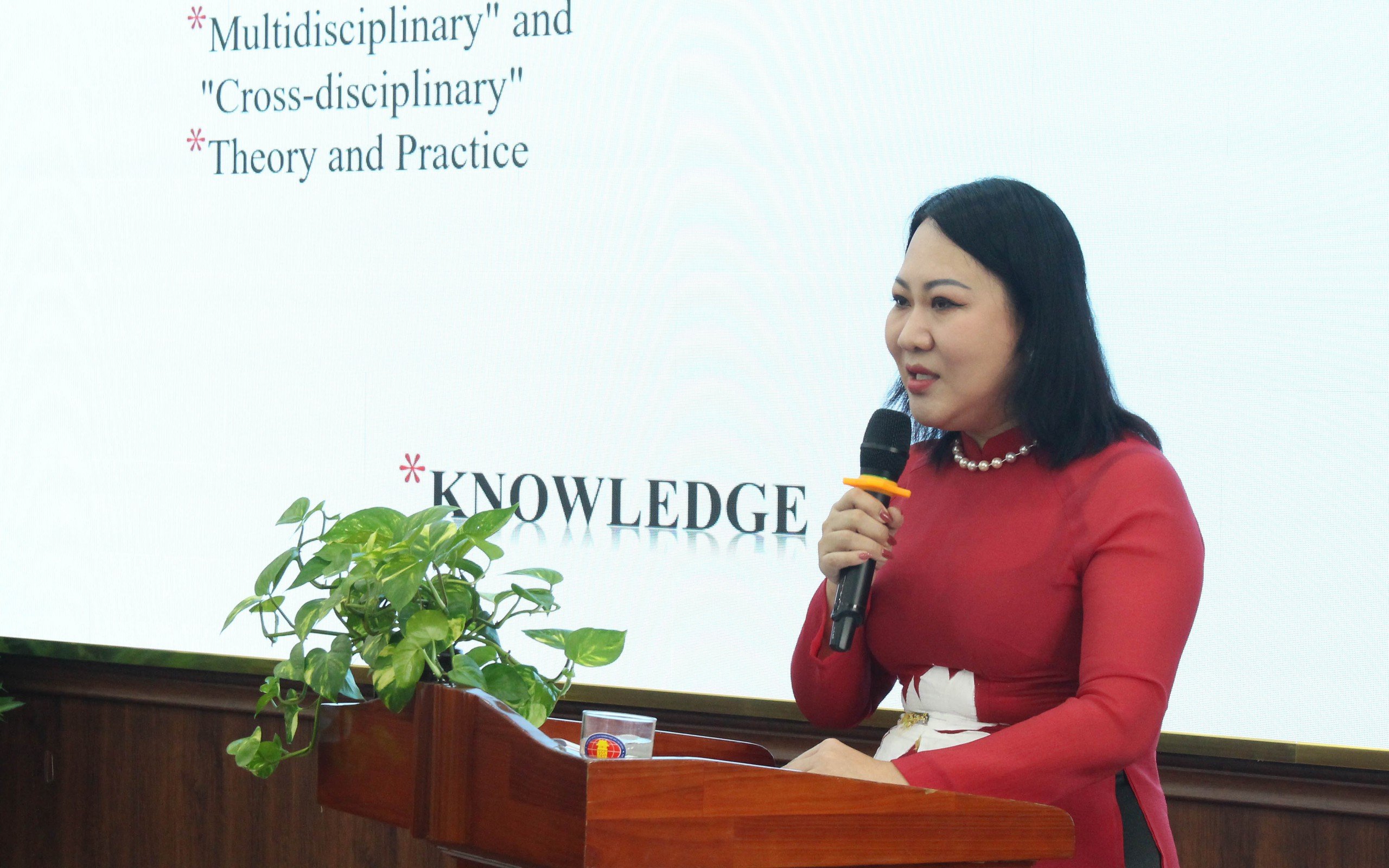
Associate Professor Phan Thi Hong Xuan advises students to have knowledge of culture and diplomacy.
Besides English, students need to learn the languages of ASEAN countries as well. Explaining this, Associate Professor Phan Thi Hong Xuan, Director of the Center for Vietnamese and Southeast Asian Studies and President of the Vietnam-Southeast Asia Friendship Association of Ho Chi Minh City, stated: “People often say that Vietnamese students progress very quickly, but we cannot just ‘stay within our village boundaries’; we need to look outward. Therefore, learning foreign languages is important, not only English but also the languages of Southeast Asian countries.”
In addition, Associate Professor Xuan also emphasized the importance of cultural understanding. “Along with professional knowledge and skills, cultural understanding is also crucial. Only then can no one do our work for us. When we understand the cultural context, we can confidently step out into the world, seeing both our own and others',” Associate Professor Xuan explained.
In the context of digital transformation, Associate Professor Xuan suggested that students develop an attitude of "working for praise rather than for praise," a spirit of self-reliance, solidarity, community service, as well as developing physical and mental health.
Source: https://thanhnien.vn/tang-co-hoi-viec-lam-tai-dong-nam-a-nhung-dieu-sinh-vien-can-nho-185241126223004109.htm







































![[Photo] General Secretary To Lam attends the National Conference on studying, learning, understanding and implementing the Resolution of the 14th National Congress of the Party.](/_next/image?url=https%3A%2F%2Fvphoto.vietnam.vn%2Fthumb%2F1200x675%2Fvietnam%2Fresource%2FIMAGE%2F2026%2F02%2F07%2F1770434509574_ndo_br_bnd-4944-jpg.webp&w=3840&q=75)







































































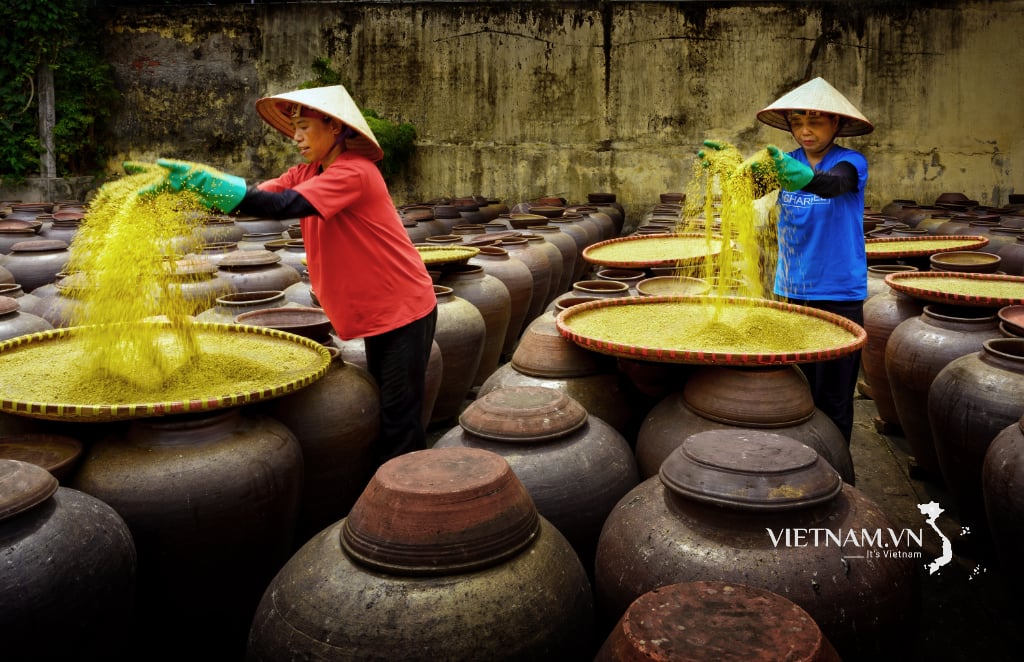
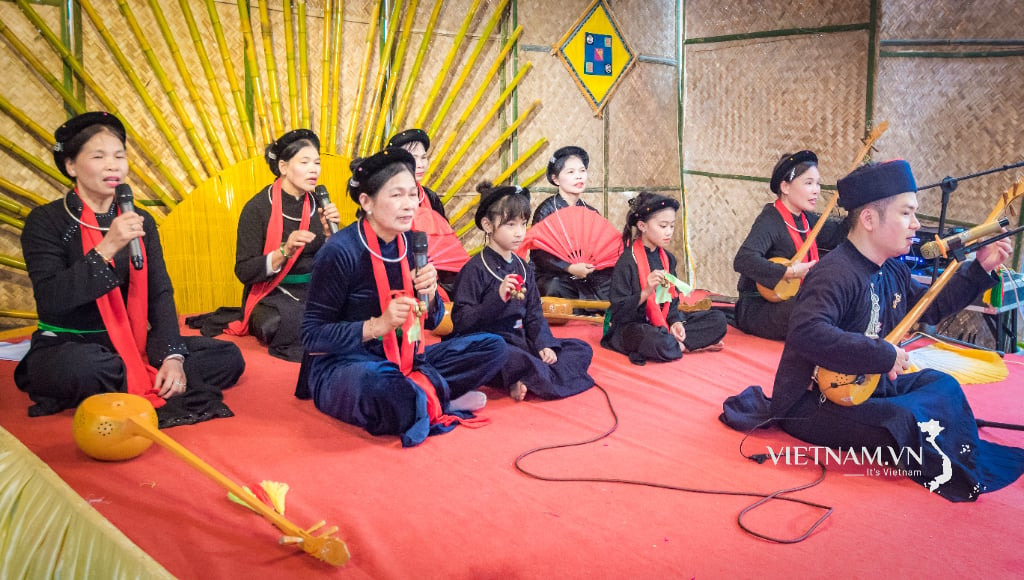
Comment (0)